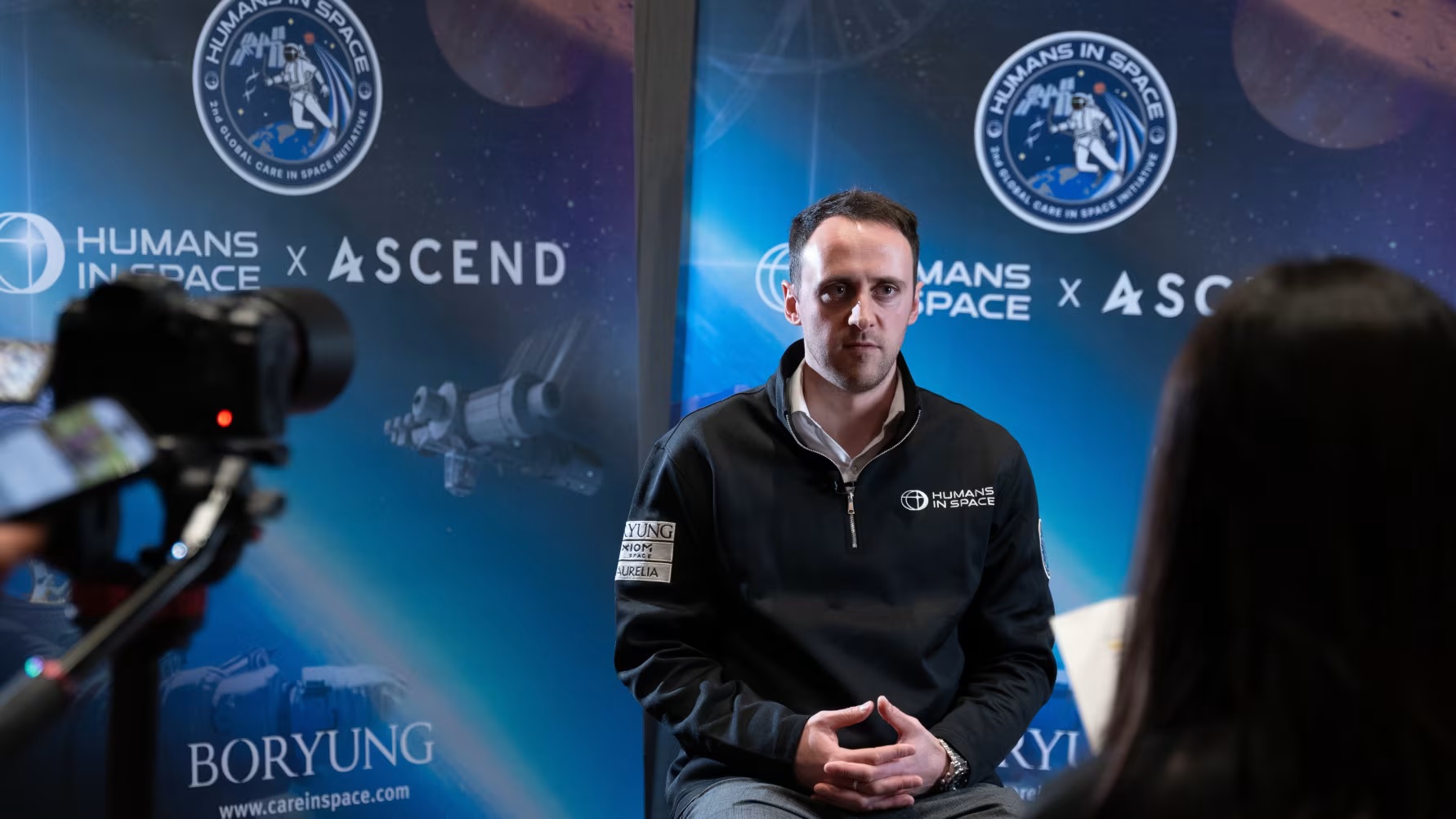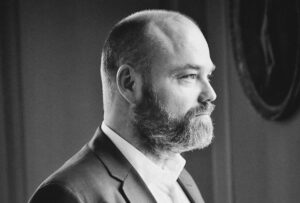Astronauts’ Health Takes a Giant Leap with the Help of Northumbria University Experts
15th Dec 2023
Space experts from Northumbria University have triumphed in a prestigious global competition. This achievement opens the doors to a groundbreaking exploration of blood flow restriction training among astronauts during spaceflight.
How Could Northumbria’s Victory Transform Astronaut Health in Space?
Professor Nick Caplan and Dr. Luke Hughes, leading Northumbria’s Aerospace Medicine and Rehabilitation Laboratory, won the 2023 Humans in Space Challenge. This competition, hosted by South Korean health tech firm Boryung in collaboration with Axiom Space and Aurelia, offers a groundbreaking opportunity.
The absence of gravity in space leads astronauts to experience muscle and bone mineral loss, which often lingers even upon their return to Earth.
Dr. Hughes highlights that the existing exercise hardware and protocols utilized aboard the International Space Station (ISS) fall short of fully addressing these physical changes. As space missions extend to the moon and beyond, the imperative is to streamline and reduce exercise equipment on spacecraft, necessitating more efficient solutions to combat these health challenges.
The competition’s funding empowers Caplan and Hughes to adapt the Delfi Personalised Tourniquet System for Blood Flow Restriction – a method involving cuff application to limbs, reducing blood flow and oxygen supply during exercise. This technology has shown promise in mitigating muscle and bone loss on Earth during immobilization and post-surgery.
Redefining BFRE for Space Missions
NASA, ESA, and private space entities recognize the potential of Blood Flow Restriction Exercise (BFRE) in bolstering astronaut health, especially in missions beyond Earth’s orbit where exercise resources are limited. However, no BFRE device currently meets spaceflight research standards.
Professor Caplan and Dr. Hughes are partnering with Western Clinical Engineering, based in Canada and renowned as both the owners and manufacturers of the commercially available device. Additionally, they will collaborate with Kayser Space, a specialized firm excelling in the development and qualification of space-oriented hardware for scientific research. Together, they aim to create the space-adapted iteration of the Delfi Personalised Tourniquet System.
“Developing this hardware for actual spaceflight will open new frontiers for research,” says Professor Caplan, highlighting their ongoing simulated gravity investigations. Dr. Hughes emphasizes BFRE’s minimal equipment requirements and low-intensity performance, crucial for future missions aiming to combat muscle and bone loss during extended space stays.
Groundbreaking Mentorship
The Humans in Space Challenge, an avenue for global innovators to address space-related human challenges, attracted top-tier participants. Winners, like Caplan and Hughes, not only secured investments and research awards but also gained mentorship from esteemed space figures from NASA, ESA, and renowned universities.
This groundbreaking endeavor by Northumbria University exemplifies how innovation intersects with space exploration, promising invaluable insights to safeguard astronaut health during extended space missions.






Thank you for your comment! It will be visible on the site after moderation.